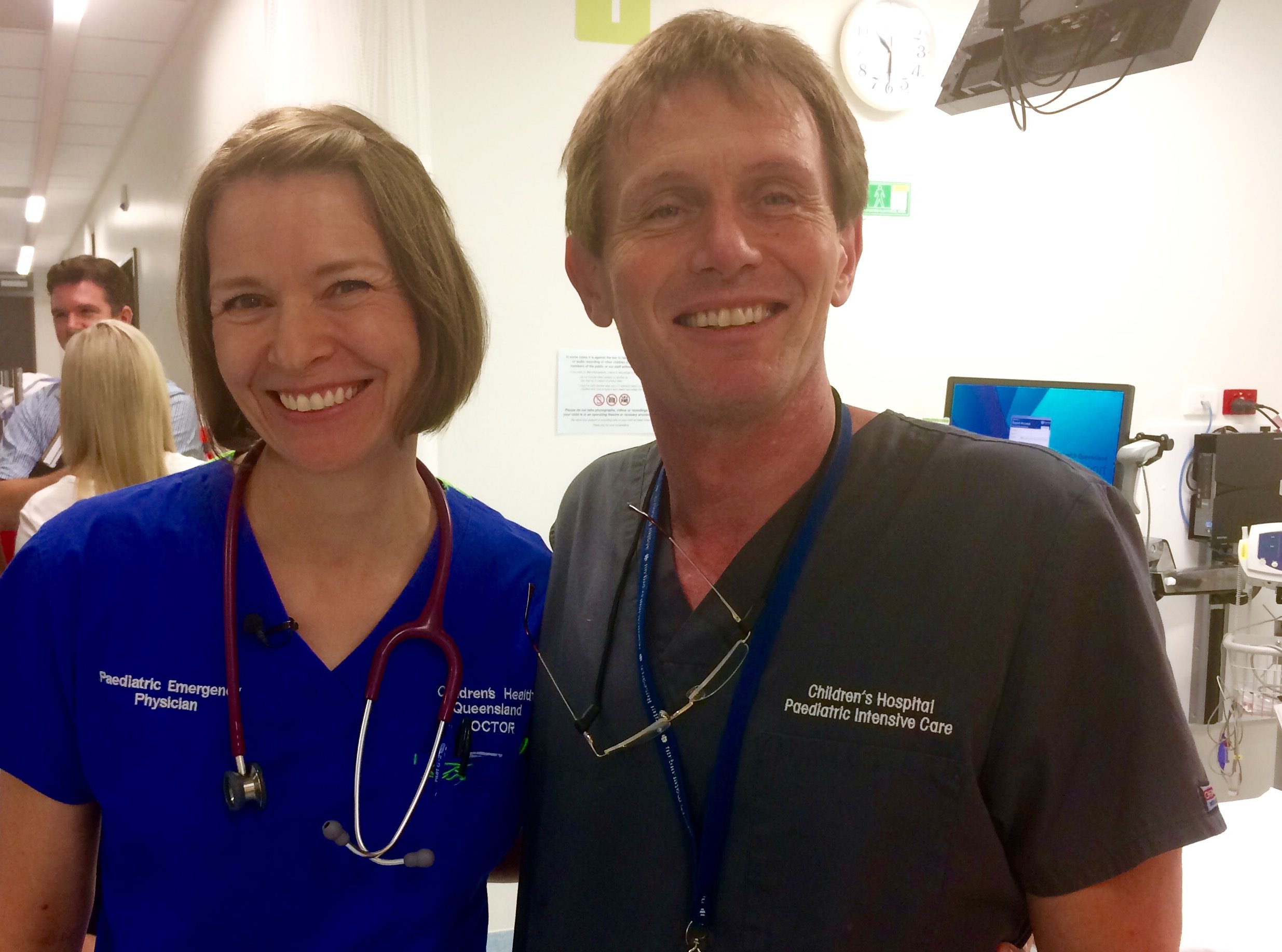
NHMRC grant for EMF-funded pilot study
Lady Cilento Children’s Hospital (LCCH) Paediatric Intensive Care Specialist and University of Queensland Faculty of Medicine intensive care specialist, Associate Professor Andreas Schibler, has received a $2.63 million National Health and Medical Research Council (NHMRC) 2018 Project Grant to expand research into acute respiratory failure – the most common reason children are admitted to hospital.
Professor Schibler hopes early intervention with new “nasal hi-flow” therapy to support breathing could reduce the number of children admitted to intensive care.
The grant will allow Professor Schibler’s team to expand an EMF-funded pilot study, which was led by LCCH Emergency Department Clinical Director, Dr Fiona Thomson.
In the pilot study, the Queensland researchers piloted the use of the “hi-flow” device to treating children presenting to hospital emergency departments with life-threatening respiratory failure.
In Australia and New Zealand, acute hypoxemic respiratory failure (AHRF) in children is the most frequent reason for hospital admission and the standard treatment is offering oxygen.
About 20 per cent of children with AHRF rapidly deteriorate and require assisted breathing and admission to an intensive care unit.
“We were trialling the use of nasal hi-flow therapy as an intervention in the emergency department to see if it can prevent children being admitted to intensive care.”
Hi-flow is a new mode of respiratory support which delivers humidified oxygen via the nose, making it easier for patients to breathe and reducing the need for intubation and mechanical ventilation.
More about the new research project: PARIS II trial
Pictured above: Dr Fiona Thomson and Professor Andreas Schibler
SHARE



